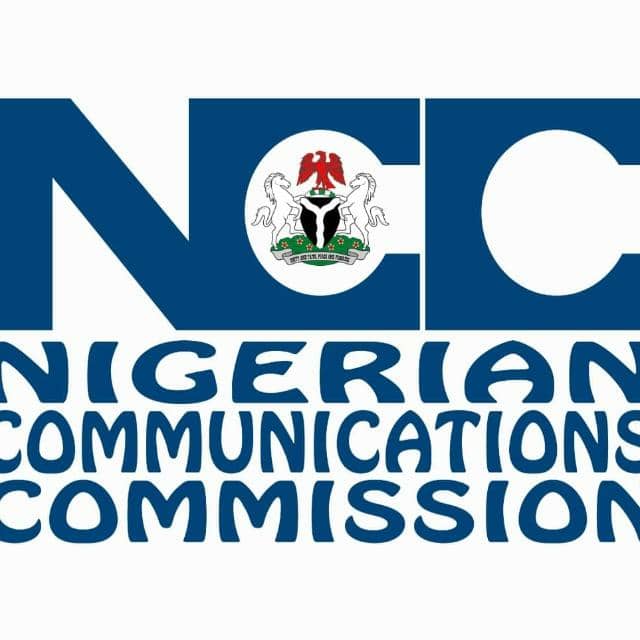
NCC logo
Tarrif adjustment will benefit consumers, telecoms operators on the long run, NCC insists
The Nigerian Communications Commission (NCC) has given reasons it granted 50% telecommunications tariffs, the first such hike in nearly eleven years in the country.
Indeed, only last Monday, the NCC approved the tariff adjustment for telecoms operators in the country, with cap of 50%, in order to safeguard the sustainability of the industry, as well as balance consumer protection.
According to the NCC’s statement, telecommunications sector, which contributes significantly to Nigeria’s Gross Domestic Product (GDP) and employs thousands of Nigerians, has been grappling with rising costs amid the harsh economic climate.
Accordingly, the tariff increase, which affects both voice and data services, was a direct response to calls from telecom operators, who had approached the NCC as early as 2024 requesting an increase to offset losses caused by inflation and currency devaluation.
The NCC admitted that the telecoms operators face financial difficulties, but rejected a request by the operators for 100 percent increase, saying such an extensive tariff increase would be unpopular with Nigerians.
Consequently, the NCC granted a more moderate increase, with the final decision to cap the rise at 50% — half of what some operators had initially sought for.
Indeed, the government’s approach on this issue involved a review of recommendations from external consultants, such as KPMG, with the NCC ensuring that tariff adjustments are based on data-driven decisions that take into account the long-term sustainability of the sector.
Expectedly, the decision to increase telecom tariffs has been met with mixed reactions. The government and the NCC have highlighted that the adjustment is essential for the long-term health of the sector.
It is hoped that with economic sustainability and improved service delivery, the outcome of the adjustment will have far-reaching implications for Nigeria’s telecom industry and its millions of consumers.
Along this line, the government has outlined measures to improve telecommunications infrastructure, particularly in underserved regions. These efforts include the rollout of 90,000 kilometres of fibre-optic networks and the construction of telecom towers in remote areas.
There are also initiatives to protect critical submarine cables that underpin Nigeria’s Internet connectivity.
